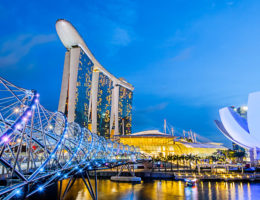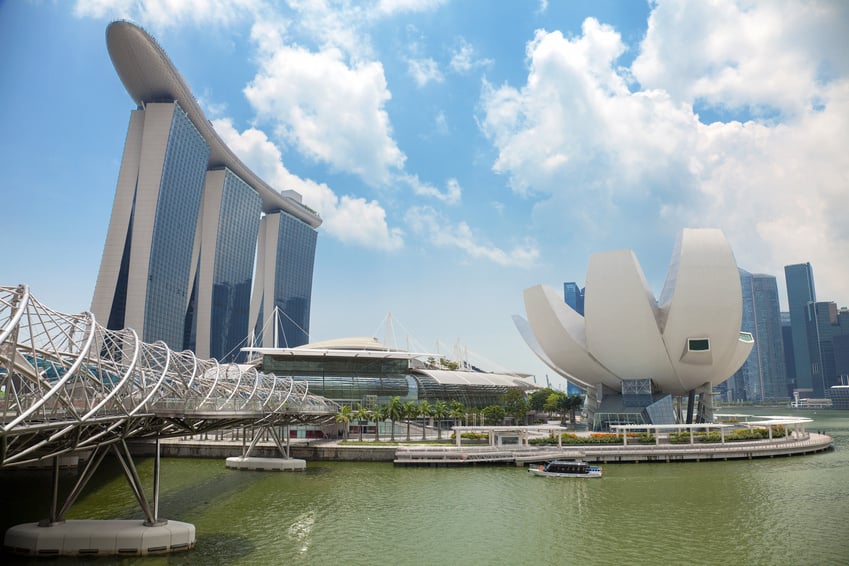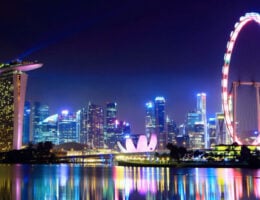On 8 June 2024, the Electric Vehicles Charging (Licensing) (Amendment) Regulations 2024 (“Amendments”) came into operation. The Amendments introduce a new Regulation 4A into the Electric Vehicles Charging (Licensing) Regulations 2023 (“Regulations”), which prescribes the types of insurance Electric Vehicle Charging Operators (EVCOs) must have and maintain before EVCOs can be granted a licence to provide EV charging services in Singapore or operate an EV charging station under Sections 45(2)(f) and 45(3) of the Electric Vehicles Charging Act 2022.
Following the publication of the proposed Framework in January 2024 and the feedback received from various stakeholders, the finalized Model AI Governance Framework for Generative AI was released on 30 May 2024 by the Infocommunications Media Development Authority (IMDA) and AI Verify Foundation. The Framework expands upon the Model AI Governance Framework last updated in 2020.
On 21 June 2024, the Competition and Consumer Commission of Singapore (CCCS) issued a warning to a furniture retailer for publishing fake five-star product reviews on its website. Upon receiving complaints from customers, the CCCS launched an investigation and concluded that the retailer and two of its related companies posted the reviews. This constituted an unfair practice under the Consumer Protection (Fair Trading) Act 2003 (CPFTA).
In June 2024, the Bioethics Advisory Committee of Singapore (BAC) published a public consultation paper on the ethical, legal, and social issues arising from Human Nuclear Genome Editing (HNGE). The paper recognizes that, while developments in HNGE technologies have huge potential to improve human health, their use in research and clinical applications may have ethical, legal and social ramifications. In view of these issues, the paper seeks to obtain and discuss feedback, which will assist the BAC in developing its final recommendations to guide stakeholders in Singapore on the use of HNGE technologies in research and clinical applications.
The Singapore Parliament has passed the Cybersecurity (Amendment) Bill (“Bill”) amending the Cybersecurity Act 2018 (“Act”). The Act, which formerly only regulated Critical Information Infrastructure (CII), has been expanded significantly to cover a wider range of entities. Reporting obligations have been expanded. Finally, the penalty regime has also been revised, and the Cybersecurity Agency of Singapore may now issue civil penalties in place of criminal penalties, with the maximum quantum of penalties significantly increased to up to 10% of the annual turnover of the entity in Singapore.
On 10 May 2024, the Health Sciences Authority issued an update on products found and reported by overseas regulators to contain potent ingredients prohibited in such products and which may lead to side effects.
The Health Sciences Authority (HSA) adopts different forensic classifications, with varying degrees of access controls, for therapeutic products in Singapore. In May 2024, the HSA issued an update on the reclassification of certain medicines, which would consequently affect the level of access controls that are required. Companies engaging in the distribution or sale of such reclassified medicines in Singapore should ensure that their distribution and sale processes account for the different levels of restrictions that would apply following this reclassification of medicines.
On 2 April 2024, the Cyber Security Agency of Singapore issued its closing note to the Public Consultation on the Cybersecurity (Amendment) Bill (“Bill”). The Public Consultation on the draft Bill was held from 15 December 2023 to 15 January 2024. The CSA First Reading of the Bill took place on 3 April 2024. The Second Reading of the Bill is slated to take place on 7 May 2024.
On 28 March 2024, the Health Sciences Authority released updates to the registration of therapeutic products as part of its continued efforts to improve regulatory efficiency and enhance clarity in the regulatory requirements and processes.







